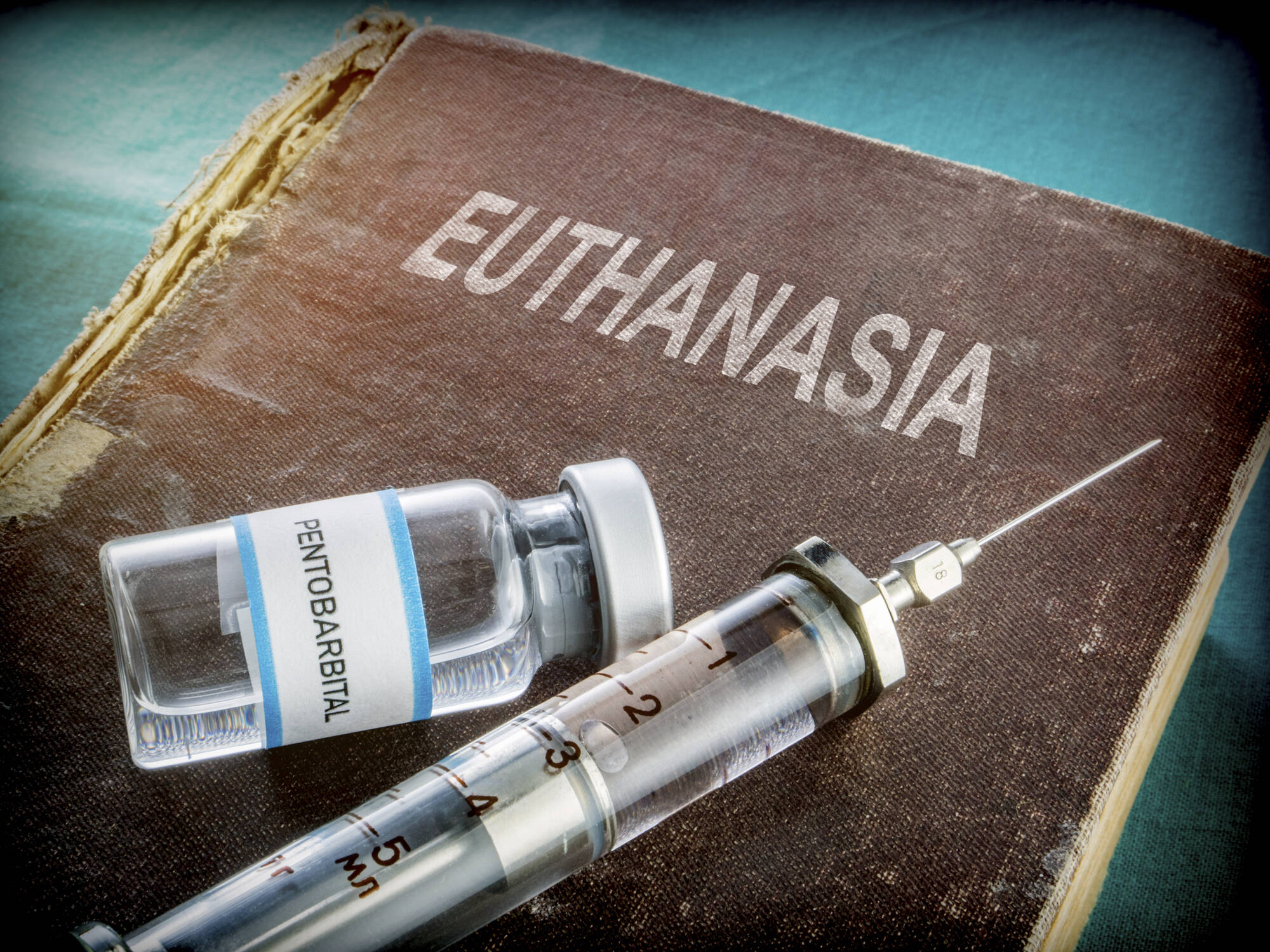This is how the euthanasia debate is going in Colombia according to the Ministry of Health's draft.

The Ministry of Health is preparing a draft on the management and regulation of euthanasia cases in Colombia, but some political spokespersons have expressed disagreement with some points.

It would no longer be mandatory for a patient to be terminally ill to access this procedure. Photo: iStock
The proposal was born as a reaction to the various directives issued by the Constitutional Court in recent years and will be open for comment until June 27, 2025.
The draft has been controversial, with criticisms, for example, that minors could have access to this procedure. According to Luis Miguel López Aristizabal, House Representative for Antioquia,
In an interview with La FM, López criticized the resolution: "The issue of terminal causes is almost over. They're talking about the autonomy and dignity of people, even in cases like severe depression. They want to force hospitals to perform euthanasia; this resolution is very serious."
He also mentioned that, while he is against euthanasia, he is in favor of palliative care. “ True compassion lies in accompanying the patient, not in killing them ,” he added.

The document defines a legal framework that integrates access to euthanasia, palliative care, and AET. Photo: iStock
The document defines a legal framework that integrates access to euthanasia, palliative care, and the appropriateness of therapeutic efforts (AET). Its purpose is to ensure that people can navigate the end of life with dignity , making informed decisions about how to face death. This means that it is not necessary to exhaust one alternative before choosing another.
In this regard, the document mentions that the right to die with dignity includes the following options:
- Adequacy of Therapeutic Efforts (AET) . Adjusting treatments and care goals to a person's clinical situation when they do not comply with the principles of therapeutic proportionality or do not serve the person's best interests and do not represent a life worthy of them.
- Palliative Care. Appropriate care for patients with a serious and incurable illness, physical injury, or end-of-life clinical condition, in which pain and other symptom control requires comprehensive attention to the physical, psychological, emotional, social, and spiritual aspects of the illness and bereavement process.
- Pediatric Palliative Care. Palliative care for children and adolescents (CA) is the approach to active and comprehensive care, from diagnosis or recognition of need, through the life and death process. It includes care for physical, psychological, emotional, social, and spiritual aspects.
- Euthanasia. A medical procedure in which the premature death of a person who has made a voluntary, informed, and unequivocal request is actively induced when they are in an extreme health condition that causes them intractable and irremediable suffering.

The request for euthanasia must be processed within a maximum period of 10 calendar days. Photo: iStock
One aspect that has drawn attention is that it would no longer be mandatory for a patient to be in the terminal phase to access this procedure. The document explains that the request for euthanasia must be processed within a maximum of 10 calendar days and will include evaluations of the patient's mental capacity, verification of a serious health condition, and confirmation that there are no reasonable treatment alternatives. If the request is rejected, the patient will have the right to a second opinion, thus ensuring respect for their right to a review of their case.
On the other hand, one of the most criticized articles is Article 39, which establishes guidelines for requests for euthanasia for minors.
“The request for euthanasia by the person exercising parental authority over a child or adolescent shall be governed by the best interests of the child, as follows:
A. From 6 to 14 years of age, it is mandatory to have the presence of the person exercising parental authority over the child or adolescent.
B. From the age of 14 to 17, the presence of the adolescent's parent is not mandatory. However, the parent must always be informed of the patient's decision.
“Serious error by @MinSaludCol! The resolution allows euthanasia even in cases of non-terminal illnesses and for psychological reasons. We urge the minister to refrain from signing it. The lives of our children are not regulated by resolution. They are protected!” is the criticism López posted on his X.com account after learning of the draft.
For his part, Juan Carlos Losada expressed his support for the draft resolution. "Since 1997, Congress has turned its back on protecting a fundamental right recognized by the Constitutional Court. It's time for the legislative branch to take action to guarantee the right to decide about the end of our lives and express our desire to die with dignity," he stated in a post on X.com.
Losada added that the purpose of this resolution is to ensure that those facing intolerable suffering and terminal illnesses can make free and informed decisions about the end of their lives, under conditions of humanity, compassion, and legality.
eltiempo





